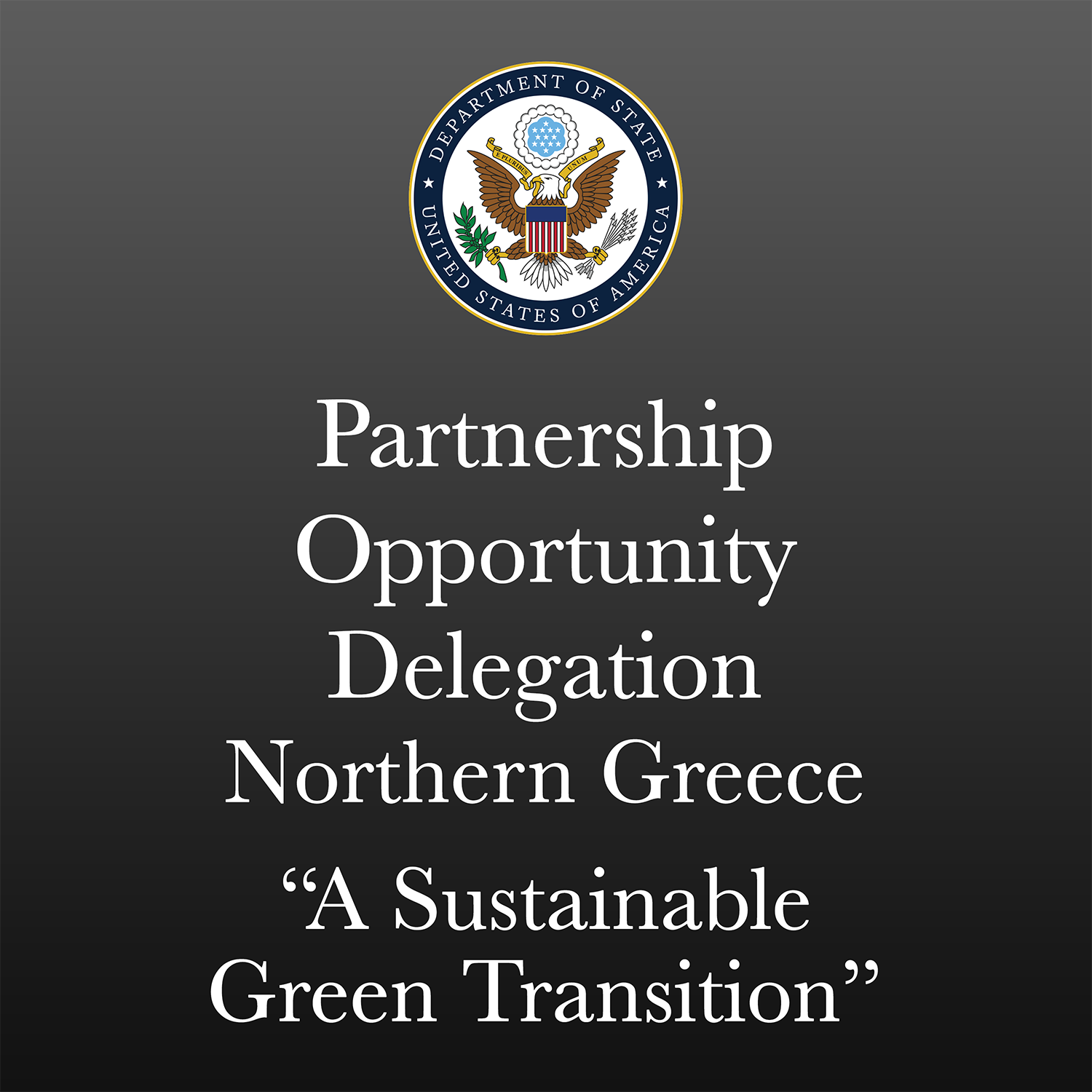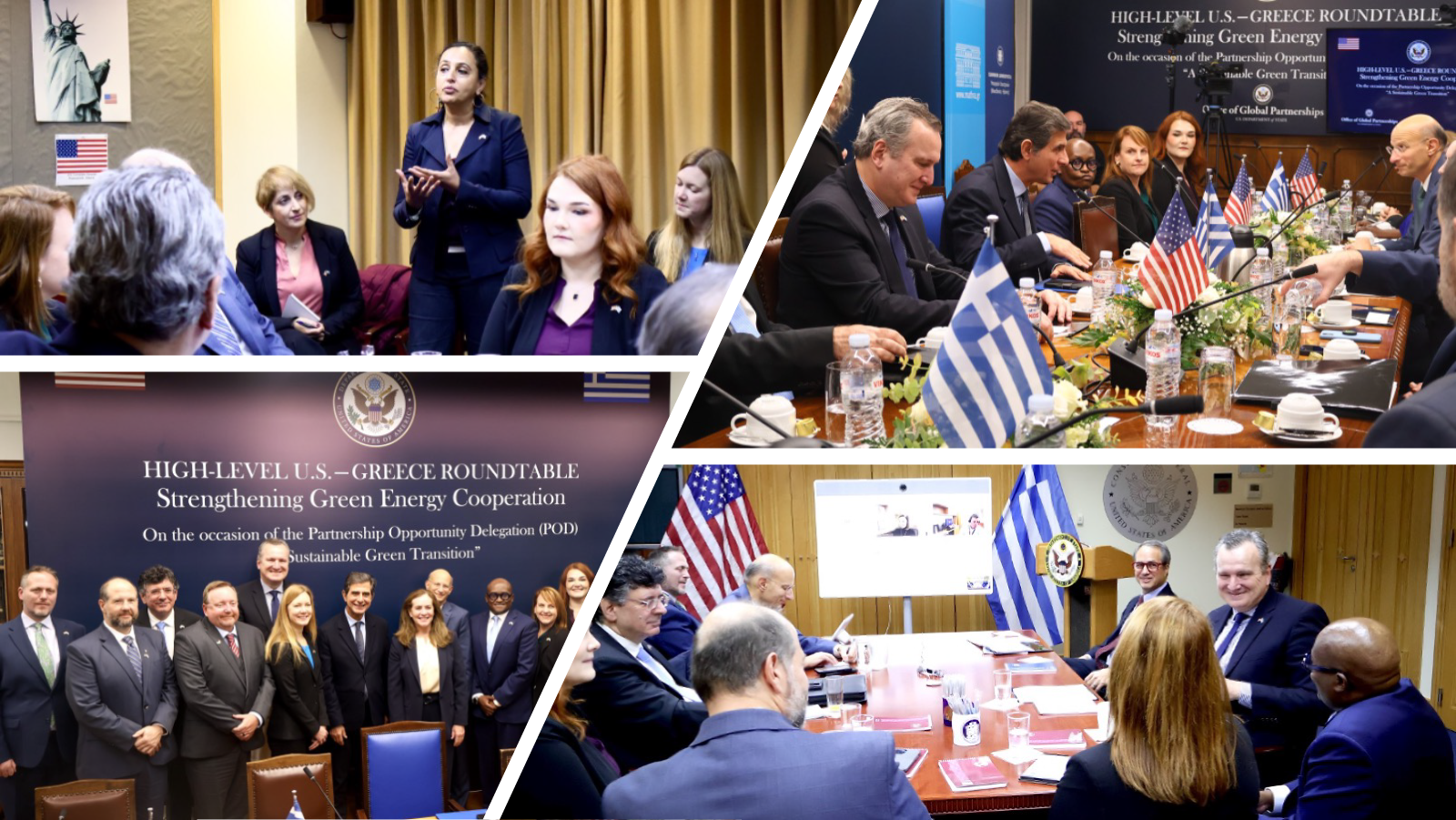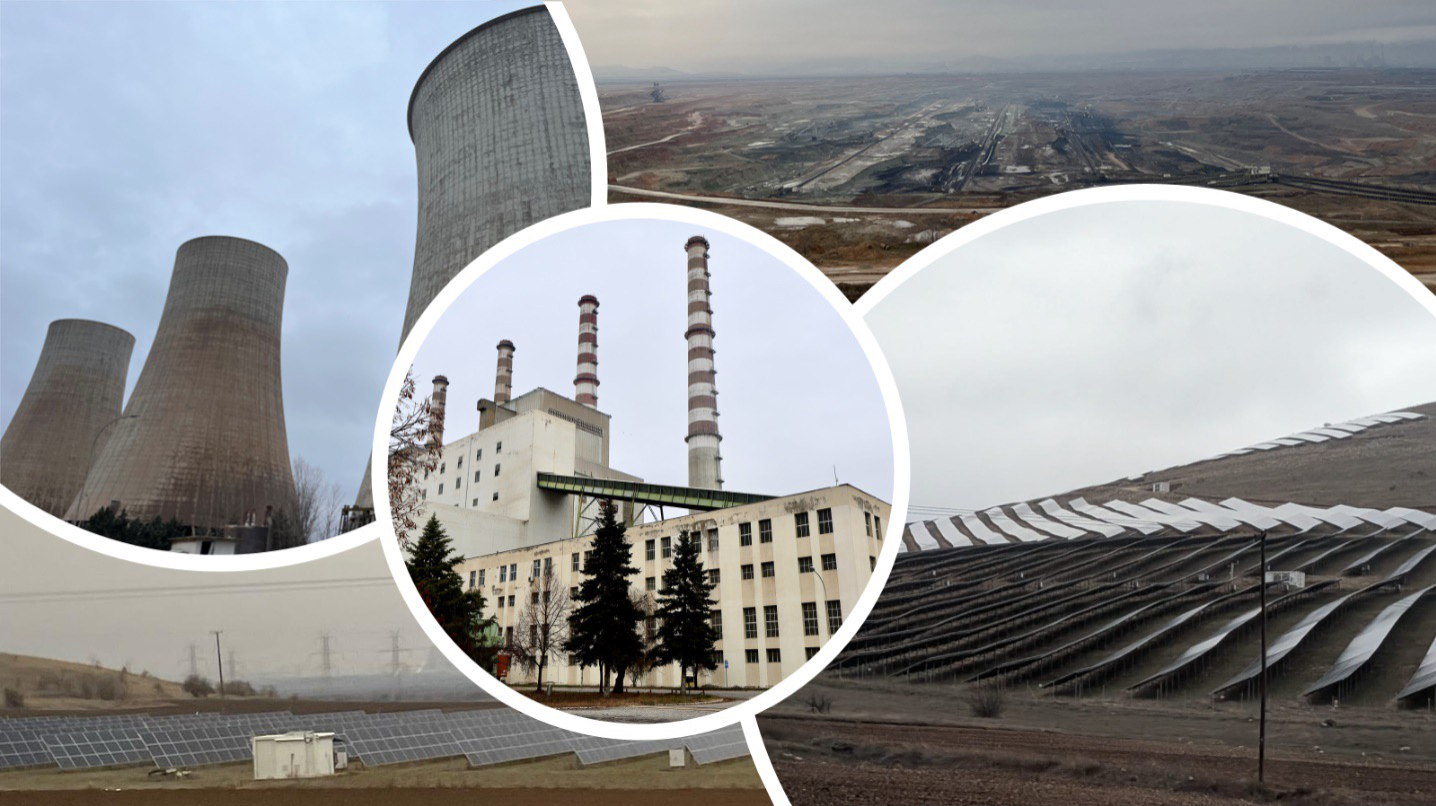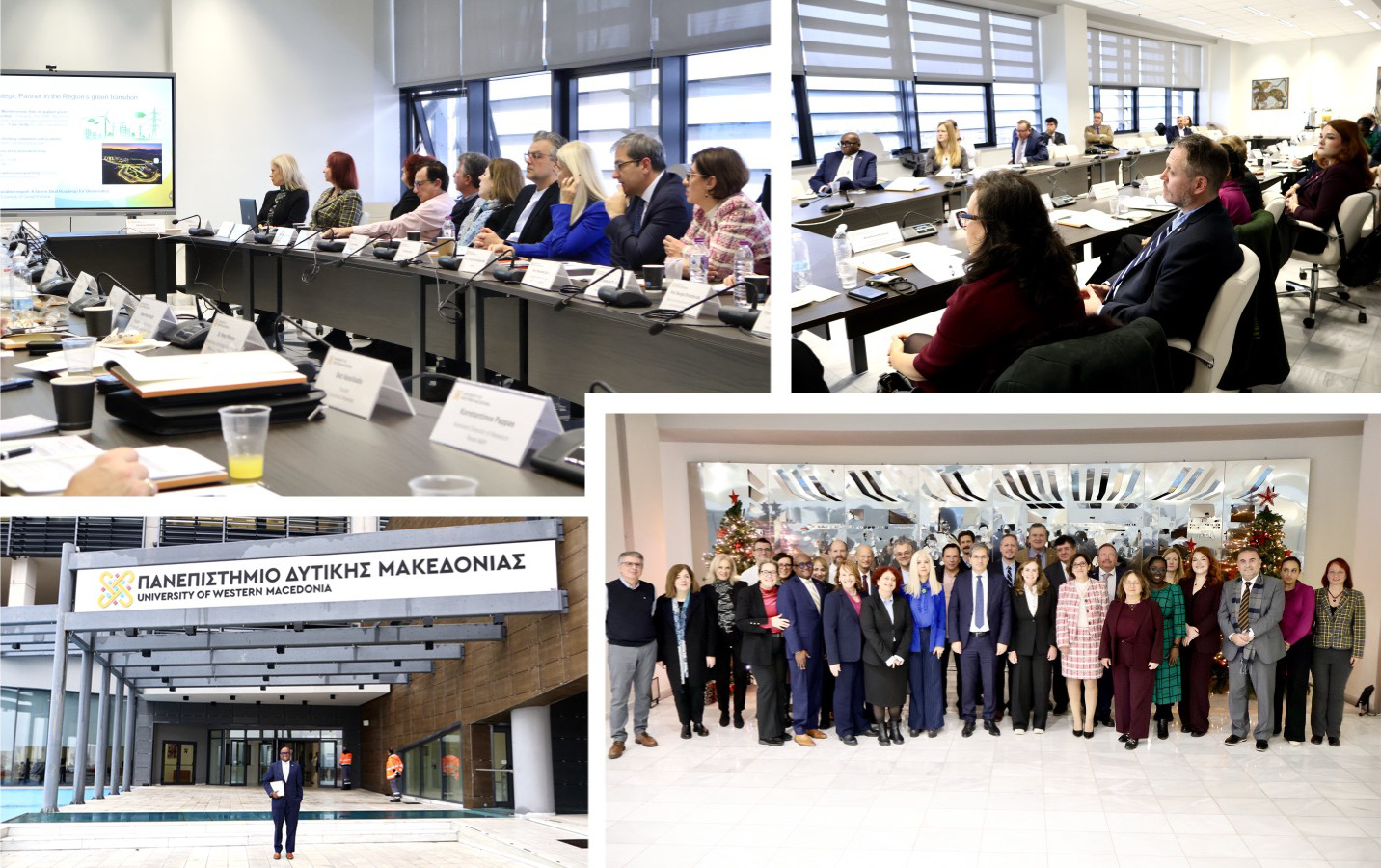
Dr. Konstantinos Pappas, Associate Director at the Texas A&M Energy Institute, recently returned from a productive trip to Northern Greece, where he participated in a Partnership Opportunity Delegation (POD), led by the U.S. Department of State.
The primary goal of the POD was to facilitate the exchange of ideas and best practices between U.S. experts in the clean energy transition and their counterparts in Northern Greece. As Greece shifts away from coal dependency, regions like Kozani are poised to become innovation hubs for renewable energy, bolstered by significant EU investments and a strategic focus on sustainability. The EU’s “Just Transition Fund” has allocated €1.6 billion to support Greece’s green transition, aiming to transform the local economy and position Greece as a leader in green technology by the end of the decade. How far though is the country from this point?
The delegation received a comprehensive overview of Greece’s economic landscape and the nation’s ongoing energy transition from the staff of the U.S. Embassy in Athens and a warm welcome from the U.S. Consulate in Thessaloniki. The delegation was welcomed at the Ministry of Macedonia and Thrace by Deputy Minister Gioulekas and discussed regional development, cultural heritage, and sustainable initiatives, followed by interactions with representatives from the Black Sea Trade & Development Bank to explore regional energy and project finance opportunities. Moreover, the group contributed to two roundtables with numerous influential Greek energy and financial leaders, discussing economic cooperation, investment, and current and future approaches to the just energy transition. The discussions highlighted the strategic importance of Greece’s energy transition efforts and underscored the potential for collaboration and the shared commitment to fostering sustainable development and economic growth in the two countries.

Dr. Pappas stated that the visit to the capital of the Region of Western Macedonia, Kozani, was a highlight of the POD trip, providing a real-world insight into Northern Greece’s energy transition. The sight of hills covered in photovoltaic arrays combined with both operational and disused power plants brilliantly illustrated the transition. Local government officials in Western Macedonia shared their experiences, emphasizing the dual nature of the transition—promising yet disruptive. In learning from these local leaders, the delegation was made more plainly aware of the tapestry of issues that intersect in this energy transition, and that the challenges faced by those in Northern Greece are the same faced in Megalopolis, as Dr. Pappas and the TAMU students had the opportunity to see during their METAVASIS project visit in March 2024. The discussions highlighted the significant opportunities for mutual support to ensure a smooth transition towards a cleaner, more prosperous future.
A visit to a lignite-fired power plant near Kozani, a major contributor to Greece’s electrical supply, and a site visit to an operational lignite mine was particularly impactful, as it was difficult to ignore the scale and magnitude of the entire operation. Lignite mining has had a massive role in the lives and culture of Western Macedonia. The plant is now set to transition to support cleaner energy sources, and these stops emphasized how critical it will be to re-envision the use of this land with a focus on the people of this region.

The delegation had the opportunity to engage in fruitful discussions with faculty from the University of Western Macedonia. These discussions centered on potential collaborations in education and research. Dr. Pappas specifically discussed concept ideas on the impact of energy transition on local populations and sustainable development, a priority topic for the Texas A&M Energy Institute for the last few years. The discussions touched on several meaningful ways of collaboration to share best practices, research, and innovation.
The commitment to ensuring that no one is left behind in this transition was a recurring theme, underscoring the importance of inclusive and equitable development. Upskilling the workforce in Northern Greece emerged as a critical element in the energy transition. By equipping workers with advanced skills in renewable energy and green technologies, the region can lead the way towards a sustainable future. This creates new job opportunities, attracts investments, and fosters economic growth.
The trip highlighted the importance of community engagement and transparency in the transition process. Building trust within the local communities through transparent political commitment and active engagement is essential for success. It also highlighted the significant opportunities for international cooperation in addressing the challenges and seizing the benefits of the energy transition. By leveraging expertise and resources from both countries, it is possible to accelerate the development of innovative solutions and ensure a just and equitable transition. By participating in the POD and engaging with Greek stakeholders, Dr. Pappas and the Texas A&M Energy Institute are actively working to advance these goals and contribute to a more equitable and sustainable energy future.

This emphasizes the Texas A&M Energy Institute’s commitment to global energy solutions and its role in shaping a sustainable future. Through these efforts, the Texas A&M Energy Institute continues to make significant contributions to the global energy landscape, driving positive change and ensuring a sustainable future for generations to come.
